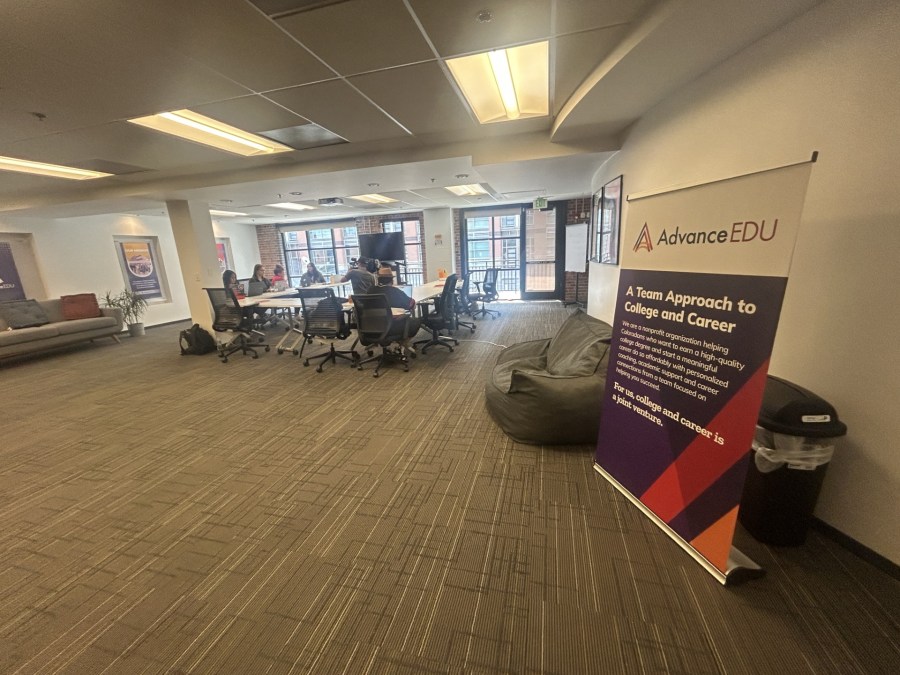From prison to professional: Grant-backed program provides accessible behavioral health certifications

Colorado’s Opportunity Now Program Offers Debt-Free Education for High-Demand Careers
Colorado is making significant strides in providing accessible and affordable education through the Opportunity Now program. This initiative, funded by the State of Colorado Office of Economic Development and International Trade, aims to train thousands of residents in new skills and help them secure well-paying jobs. The program has already awarded $89.5 million in grants through 96 different projects, with a goal of training 1,815 Coloradans and placing 1,175 of them into meaningful employment.
One of the recipients of this funding is AdvanceEDU, which received nearly $1 million through the Opportunity Now Phase 3 grants. With this support, the organization is launching the Thrive in Mind program, an innovative approach to behavioral health education and career development. This program is designed to prepare students for high-demand mental health roles without the burden of student debt.
“This is about solving two challenges at once: giving Coloradans access to meaningful, life-changing careers and addressing the urgent need for more mental health professionals across the state,” said Lauren Trent, CEO of AdvanceEDU. “Across Colorado, good-paying jobs are available now. These Opportunity Now grants will help 1,175 Coloradans develop the skills and experience needed to start new careers that will support them and their families.”
The Thrive in Mind program removes traditional barriers to education and career advancement by combining low-cost, flexible learning options with personalized coaching, childcare support, financial assistance, and job placement. Students can earn while they learn through paid hands-on work experience and gain stackable credentials in as little as six months. The program focuses on fields such as mental health support, addiction recovery, social services, and healthcare navigation—areas that are in high demand.
A New Beginning for Former Incarcerated Individuals
Isaiah Amador is one of the first participants in the Thrive in Mind program. After being released from the prison system, he enrolled in the program to gain the certifications needed to help others. While incarcerated, he received behavioral health services and saw firsthand the importance of mental health support. He hopes his lived experience will make him more relatable to those he works with in the future.
“I feel like that with me being in the shoes and walking the path that some of them have been on. I feel like I’ve been able to meet them on a level, to bring them out of the situations that they have been through in their lives, and to help them to excel,” said Amador. His goal is to make his children proud and to pay it forward by helping others who may be in similar situations.
Nnena West, head of student recruitment and enrollment at AdvanceEDU, noted that many of the program’s students are deeply motivated by a desire to give back to their communities. “Our students have identified that they really want to be in this field. They want to give back to their communities. They see the need. They’ve experienced the need and usage of it themselves in the past. So this is an industry that is of high demand because they’re interested in the healthcare-related field, and that this particular one that focuses on mental health and social work really helps to support their communities and give them that kind of intrinsic motivation.”
Expanding Access to Education and Employment Opportunities
To date, the Thrive in Mind program has enrolled 16 students, who have completed orientation and are preparing for classes starting in August. More opportunities will be available in October and January, allowing additional individuals to join the program.
The success of the Opportunity Now program highlights the potential for education and workforce development initiatives to transform lives and address critical workforce shortages. By removing financial and logistical barriers, these programs open doors for individuals who might otherwise be excluded from higher education and stable employment.
As the program continues to expand, it offers a promising model for other states looking to invest in their communities through education and job training. With a focus on mental health and social services, the Thrive in Mind initiative is not only helping individuals build better futures but also strengthening the overall fabric of Colorado’s workforce.
Post a Comment for "From prison to professional: Grant-backed program provides accessible behavioral health certifications"
Post a Comment